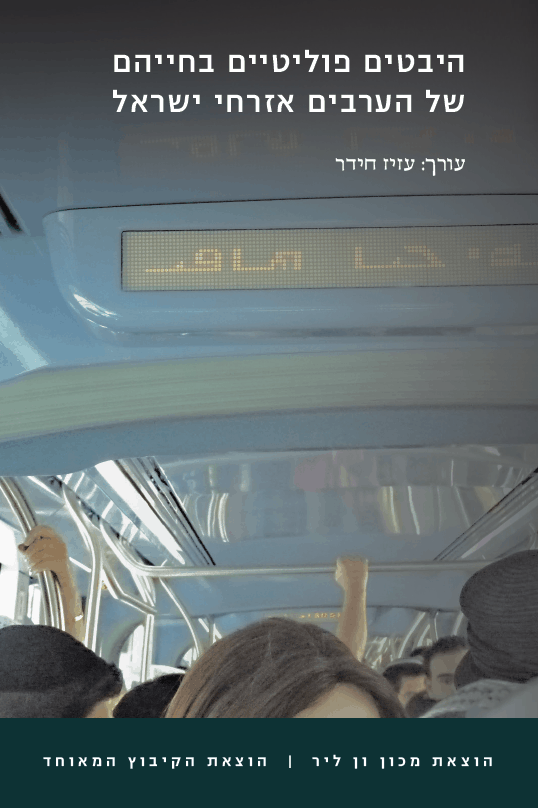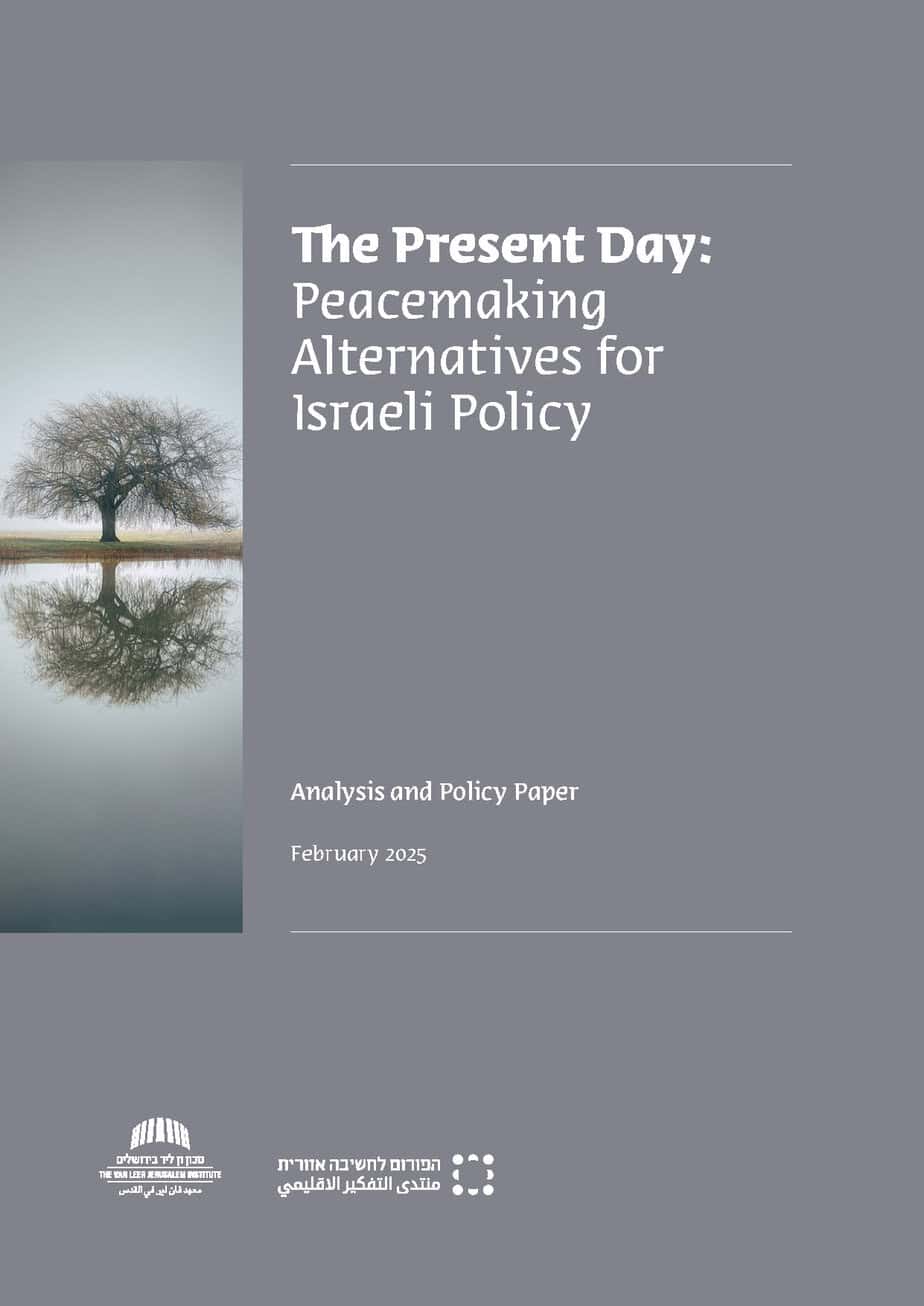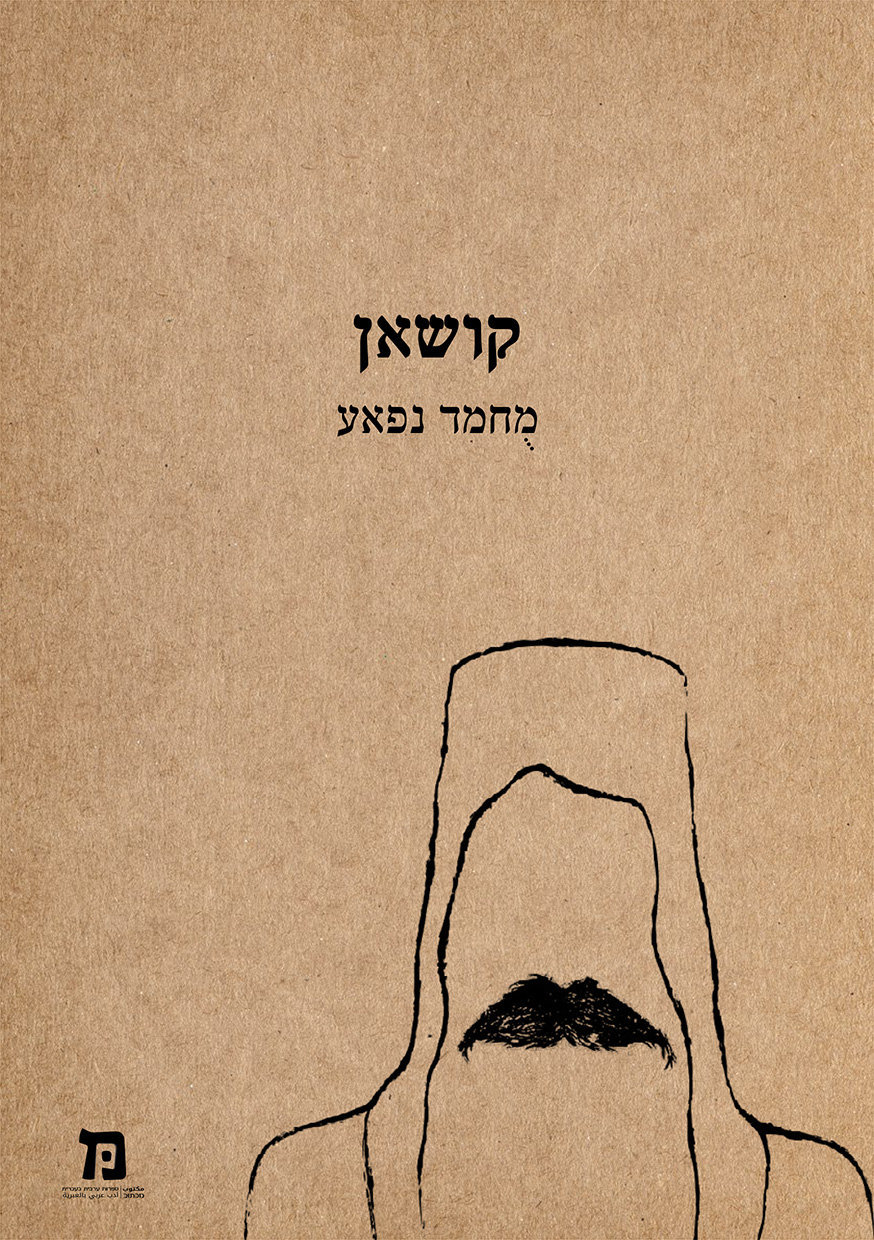Political Aspects of the Lives of Arab Citizens in Israel
| Edited by | |
| Publisher | Van Leer Institute Press and Hakibbutz Hameuchad |
| Language | Hebrew |
| Year of Publication | 2018 |
| Series | Theory in Context Series |
Political Aspects of the Lives of Arab Citizens in Israel deals with the development of political thought and action among Arab citizens of Israel, from the establishment of the state to the present. This is a topic that has not received sufficient attention in research. Over the years, the Arabs in Israel have developed unique social and political characteristics. This uniqueness, which began to take shape after the 1967 war, was honed over time, and it involves the understanding that the national solution of the Palestinian problem does not include Palestinian citizens of Israel. The book traces the main political streams in Arab society in Israel and the fluctuations in their relative power—in the wake of the changes within this society and its relation to the state, developments in the Israeli-Palestinian conflict, changes in the Palestinian national movement, and political changes in the Arab world. Recent decades have seen an increase in national consciousness among Palestinian citizens of Israel—based on Palestinian belonging, the idea of indigenousness, and the culture and religion of Islam—alongside a growing tendency toward pragmatic citizenship. The commonly held view is that the issue of the Jewishness of the state is the essence of the conflict and the root of the dispute between the Palestinian citizens and the Jewish majority in Israel.
The articles in this book, most of which have been written by researchers who are Arab citizens of Israel, examine the subject from a host of perspectives—political-partisan, social, national, demographic, civic, and religious. Among other things, they describe the changes that have occurred in the patterns of political participation of Arabs in Israel over the years, the development of their civil-society organizations, and the political movements that were milestones in the development of their political thought. The book excels in presenting the tension between the aspiration of the Arab citizens of Israel for full civic participation and their desire to preserve their socio-national uniqueness, which requires adopting a policy of differentiation.




